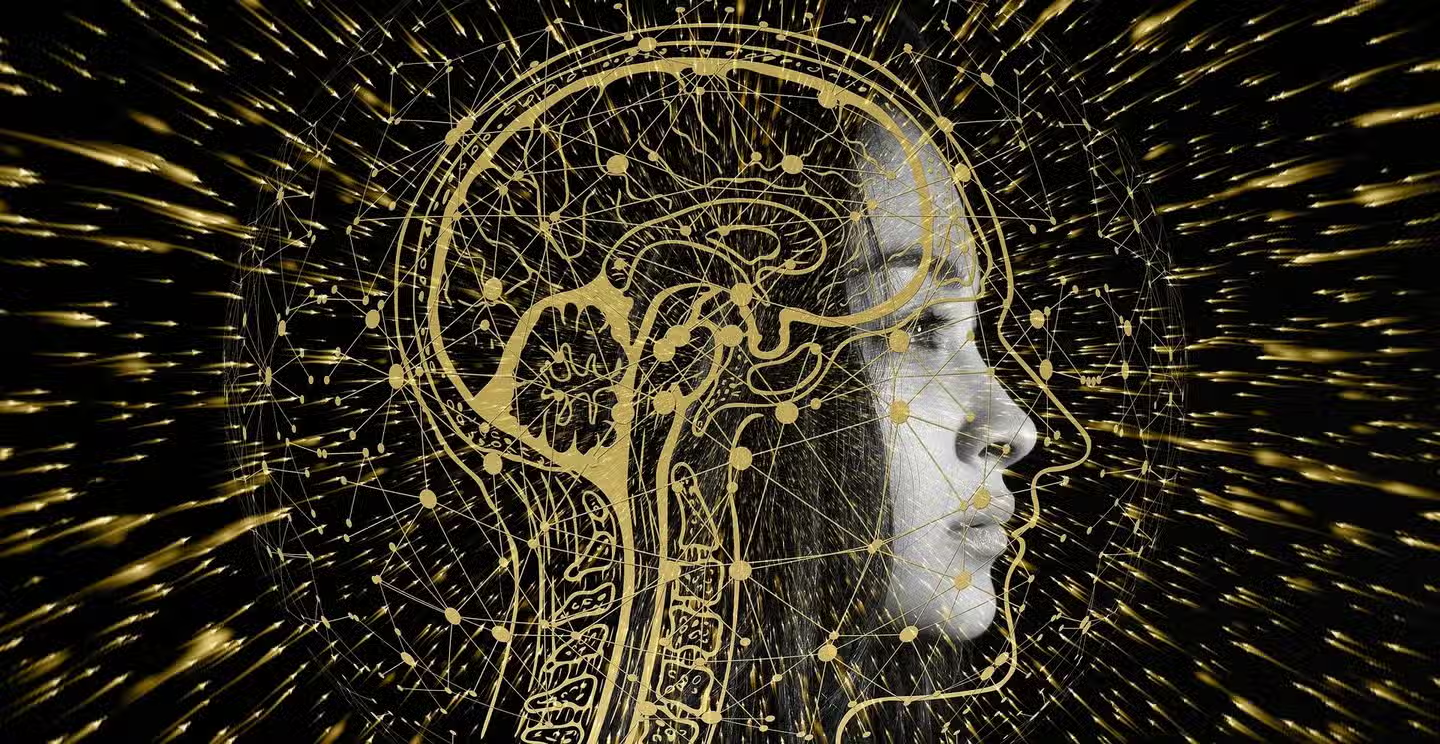Imagine you’ve discovered a watch in the
dirt. At closer study, one cannot but be awed by its intricate finesse and
pinpoint accuracy. The device was undoubtedly devised; this implies the
existence of a designer. The priest William Paley made this same case for God
in 1802. Just substitute “watch” for “Nature.” We now know
that Darwin’s theory of evolution by natural selection is supported by an
abundance of evidence, which severely weakens the case. Natural selection acts
as the blind watchmaker. Darwin once reflected on this idea, writing,
“There is grandeur in this view of life, with its several powers, having
been originally breathed into a few forms or into one; and that, while this
planet has gone cycling on according to the fixed law of gravity, from so
simple a beginning endless forms most beautiful and most wonderful have, and
are evolving.”
What about, though, the unchanging law of
gravity, without which the planets couldn’t have existed to foster the
evolution of the infinite forms? Perhaps the ties that bind the animals via the
forces of electricity and magnetism? Or the zoo of elementary particles that
make up our bodies? Who or what established the rules, the boundaries within
which everything continues its cyclical motion?
Reductionism can be seen as the overarching
theme of modern physics. The underlying workings of Nature do not necessitate a
massive encyclopedia. Instead, the language of mathematics allows us to
describe a seemingly unreasonable variety of natural processes, from the inside
of a proton to the birth of galaxies. It is a miracle that the language of
mathematics is suitable for the formulation of the laws of physics, as noted by
theoretical physicist Eugene Wigner, and it is a gift that we do not fully
appreciate or merit. We really ought to be thankful.
The arithmetic of the twentieth century
described a universe populated by a small number of basic particle types
interacting in a spacetime arena according to a set of rules that could fit on
the back of an envelope. It seems that a mathematician was responsible for
creating the Universe if it was intended.
Today, it looks that research into black
holes is nudging us in a new direction, towards a language more commonly
employed by quantum computer scientists. The language used to convey data. It’s
possible that space and time are conceptual constructs that don’t factor into a
fundamental description of Nature. Instead, they are created in a manner
analogous to a computer code from entangled quantum bits of information. A
computer programmer is responsible for designing the universe.
Nonetheless, caution is required. We risk
going too far, just like Paley did. It’s possible that information science’s
contribution to the description of black holes is leading us to a new way of
thinking about how the natural world works, but that doesn’t mean we’re robots.
Instead, we could reason that the vocabulary of computing is ideal for
explaining the algorithmic development of the universe. When put this way, the
mystery is on par with Wigner’s miracle of the suitability of mathematical
language for the formulation of physics’ rules. Bits being churned from input
to output, often known as information processing, is not a creation of computer
science but rather a property of the Universe itself. Spacetime as quantum
computer code may lead us to believe that a programmer is at work, but an
alternative explanation is that terrestrial computer scientists have stumbled
upon techniques that Nature has already put to use. In this light, black holes
might be seen as cosmic Rosetta Stones that help us interpret our observations
into a new language that reveals the deepest meaning and most dazzling beauty.


